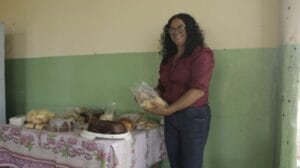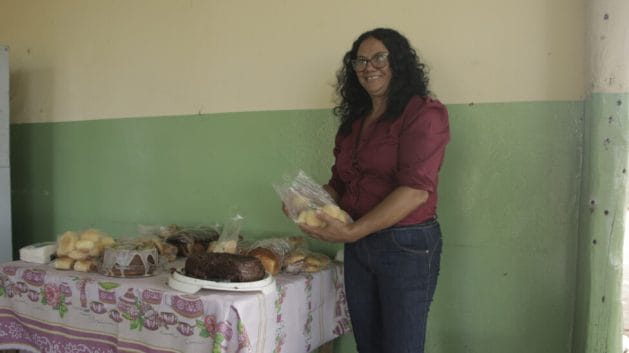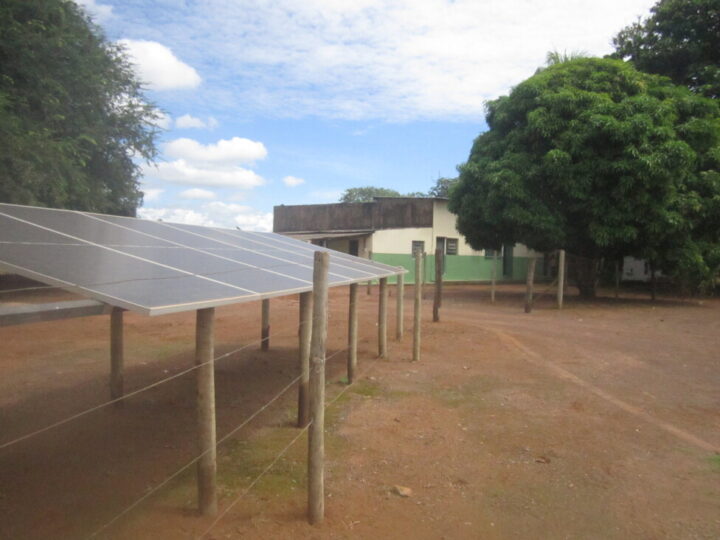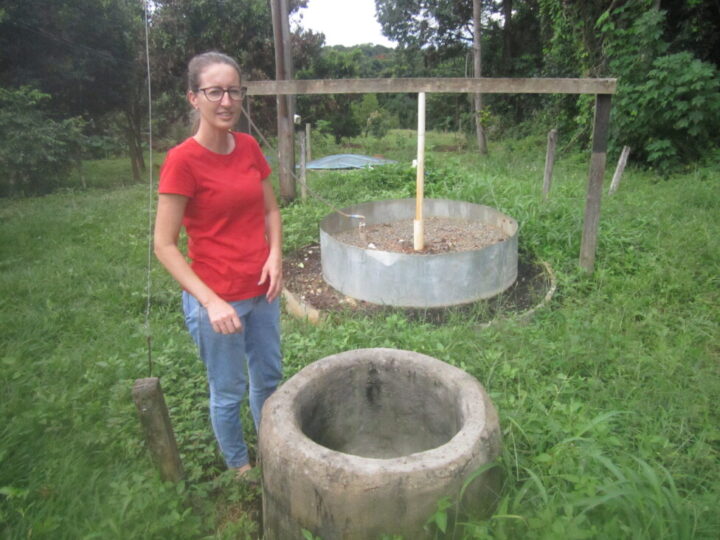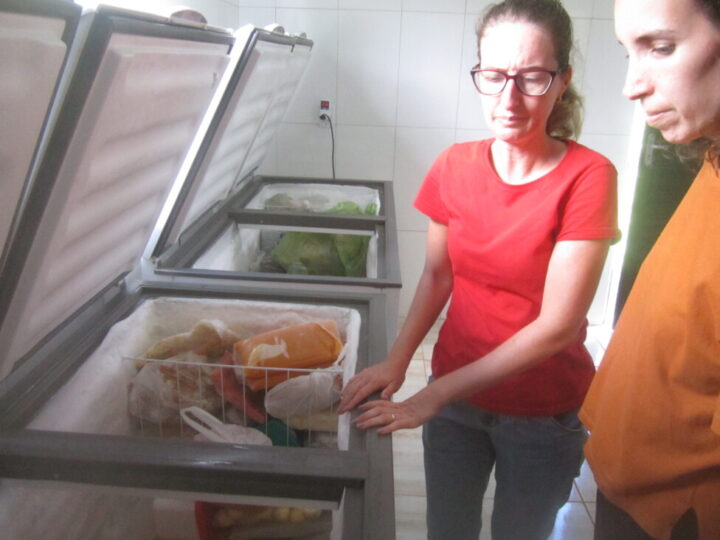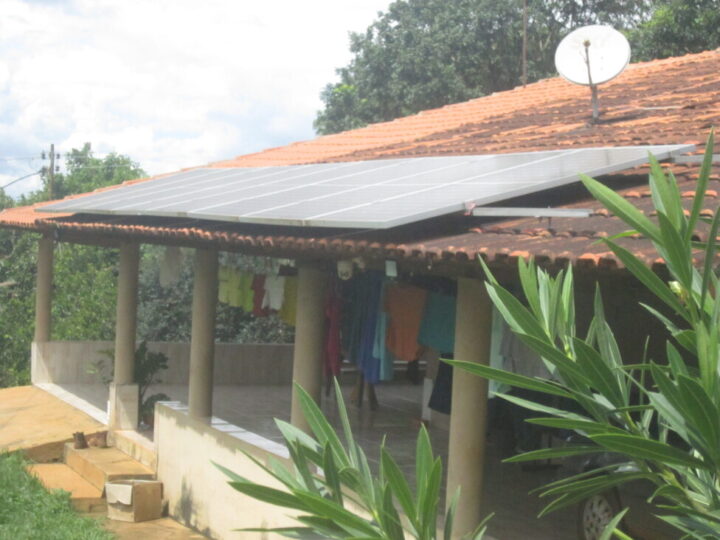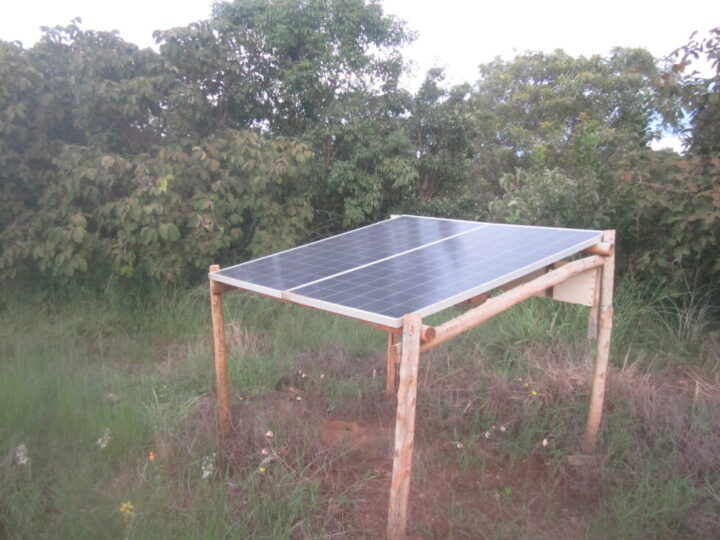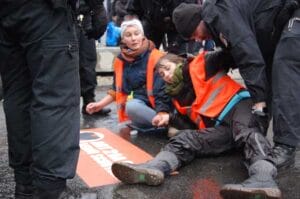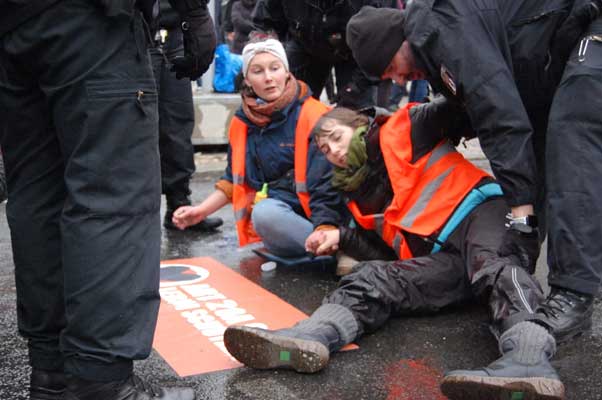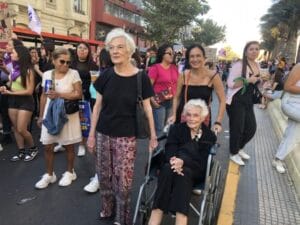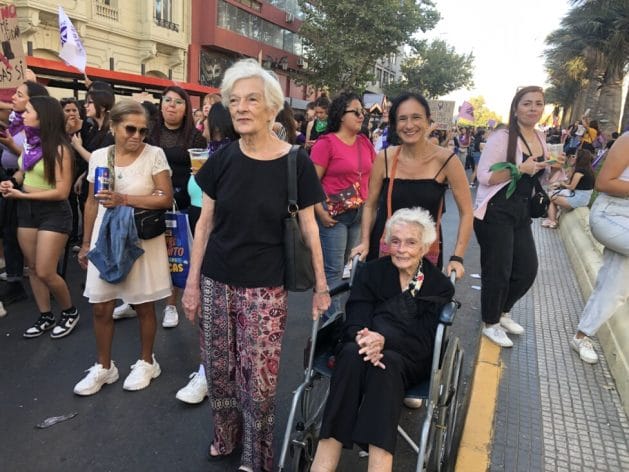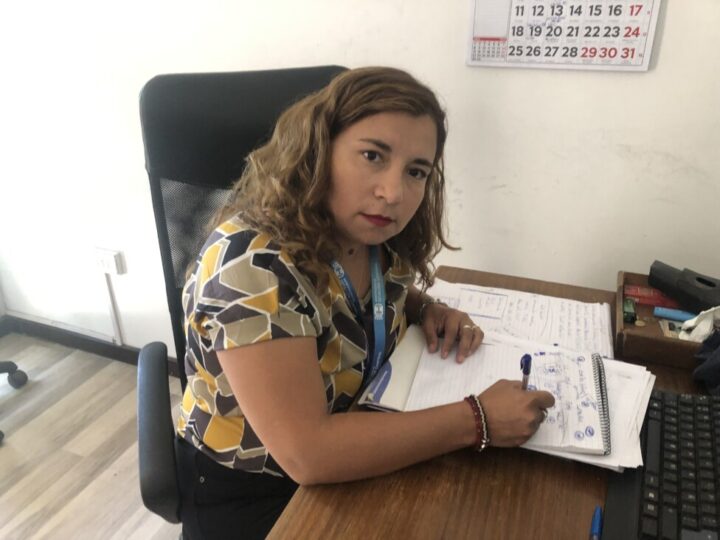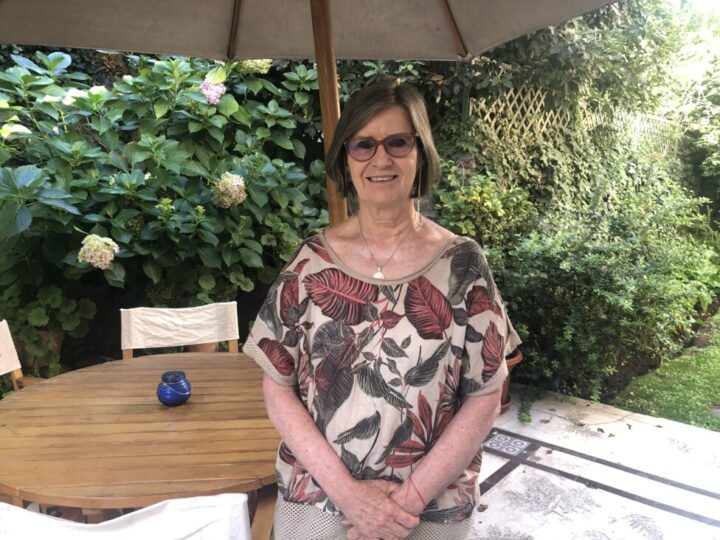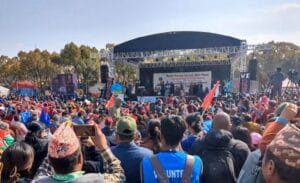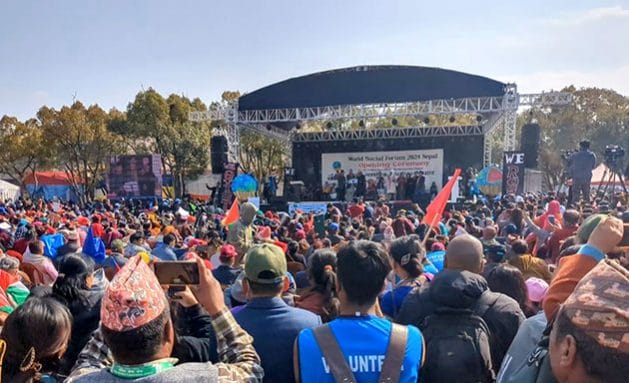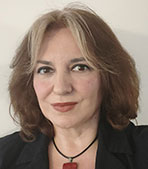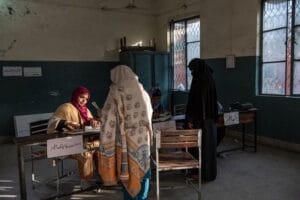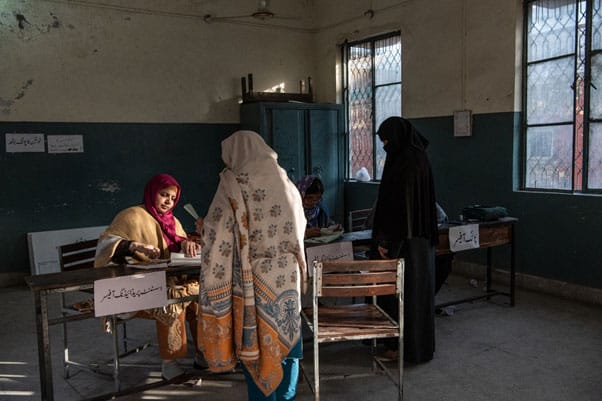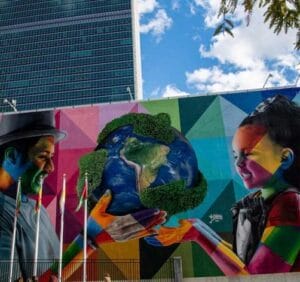
Armed Conflicts, Civil Society, Economy & Trade, Featured, Global, Global Governance, Headlines, Nuclear Energy – Nuclear Weapons, Sustainable Development Goals, TerraViva United Nations
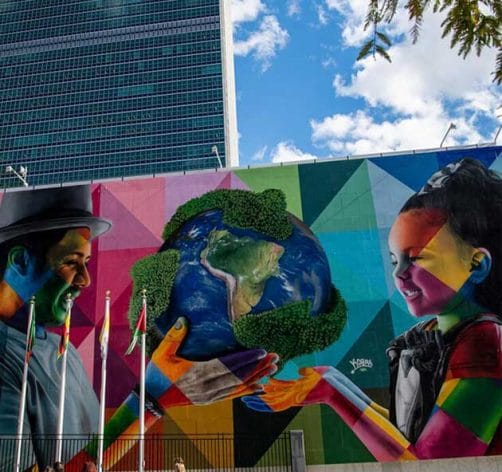
Credit: UN Photo/Rick Bajornas
– Today, the spectre of a major regional conflict, and even a possible nuclear conflagration, looms large in the Middle East. Despite stark warnings issued by the UN Secretary-General, António Guterres, the multilateral system is struggling to resolve the very challenges it was supposed to address: conflict, impoverishment and oppression. In a deeply divided world, this September’s Summit of the Future offers a rare chance to fix international cooperation and make good on gaps in global governance.
The problem is, too few people and civil society organisations, outside UN circles, even know the Summit is happening. This is characteristic of a lack of broad consultation. Things started poorly with limited time and opportunities for civil society to provide inputs last December into the zero draft of the Pact for the Future, which is supposed to be a blueprint for international cooperation in the 21st century.
The zero draft, released in January 2024, lacks the ambition many hoped would be on show to tackle the enormity of the challenges before us. It included just one mention of the role of civil society and nothing about civic space, even though growing restrictions on fundamental freedoms are severely impeding the transparency, accountability and participation needed to realise the Sustainable Development Goals (SDGs) – the set of ambitious but largely unrealised universal commitments the Summit intends to reaffirm.
To be clear, the Summit’s co-facilitators, Germany and Namibia, are in an unenviable position, having to balance the demands of states that want the process to be purely intergovernmental and others that see value in civil society’s engagement. Some don’t see any role for civil society: in February, a handful of states led by Belarus sent a letter to the Special Committee on the UN Charter questioning the legitimacy of civil society organisations. If their demands were acceded to, the UN would miss the innovation and reach that civil society participation brings to the table.
Next month, the UN is hosting a major civil society conference in Nairobi with the aim of providing a platform for civil society to contribute ideas to the Summit of the Future. But, with barely a month between the selection of applicants and the hosting of the conference, it remains to be seen how many civil society representatives, particularly from smaller organisations in the global south, will be able to make it.
There remains a need for the UN to take on board the Unmute Civil Society recommendations, which include a call for the appointment of a civil society envoy. Such an envoy could drive the UN’s outreach to civil society beyond its hubs. With many finding the institution remote, an envoy could champion better and more consistent participation of people and civil society across the UN’s sprawling agencies and offices. So far, civil society engagement with the UN remains deeply uneven and dependent on the culture and leadership of various UN departments and forums.
The Summit can only benefit from civil society engagement if it’s to achieve it aims, particularly as many conflicts are raging around the world, including in Gaza, Myanmar, Sudan, Ukraine and elsewhere. Many of civil society’s reform ideas are included in the UN Secretary-General’s New Agenda for Peace, which will be deliberated at the Summit, including nuclear disarmament, strengthening preventative diplomacy and prioritising women’s participation in peace efforts.
There’s also an urgent need to address the soaring levels of debt many global south countries face, which is diverting public spending away from essential services and social protections into debt servicing. Civil society backs efforts such as the Bridgetown Initiative to secure commitments from wealthy countries on debt restructuring and debt cancellation for those countries facing a repayment crisis. But civil society needs to be included to help shape plans, because if financing for development negotiations don’t include guarantees for civic space and civil society participation there’s no way of ensuring that public funds benefit people in need. Instead, autocratic regimes could use them to shore up repressive state apparatuses and networks of corruption and patronage.
Civil society further calls for reforms in the international financial architecture. These include demands to bring decisions by the G20 group of powerful economies into the ambit of the UN’s accountability framework, and to equitably distribute shares and decision-making at the International Monetary Fund and World Bank, presently controlled by a few highly industrialised countries.
But it’s unclear how many of civil society’s transformative proposals for global governance reforms will end up in the final outcomes of the Summit of the Future. So far, there’s been limited transparency in relation to UN member state negotiations, records and compilation texts, despite civil society having shown its commitment by making over 400 written submissions to the Pact for the Future process.
Troublingly, few governments have consulted nationally with civil society groups on their positions for the Summit of the Future negotiations. If these trends continue, the international community will miss a key chance to make life better for future generations. It isn’t too late to robustly include people and civil society in the process. The aims of the Summit are too important.
Mandeep S. Tiwana is CIVICUS Chief Officer for Evidence and Engagement and representative to the UN in New York.

